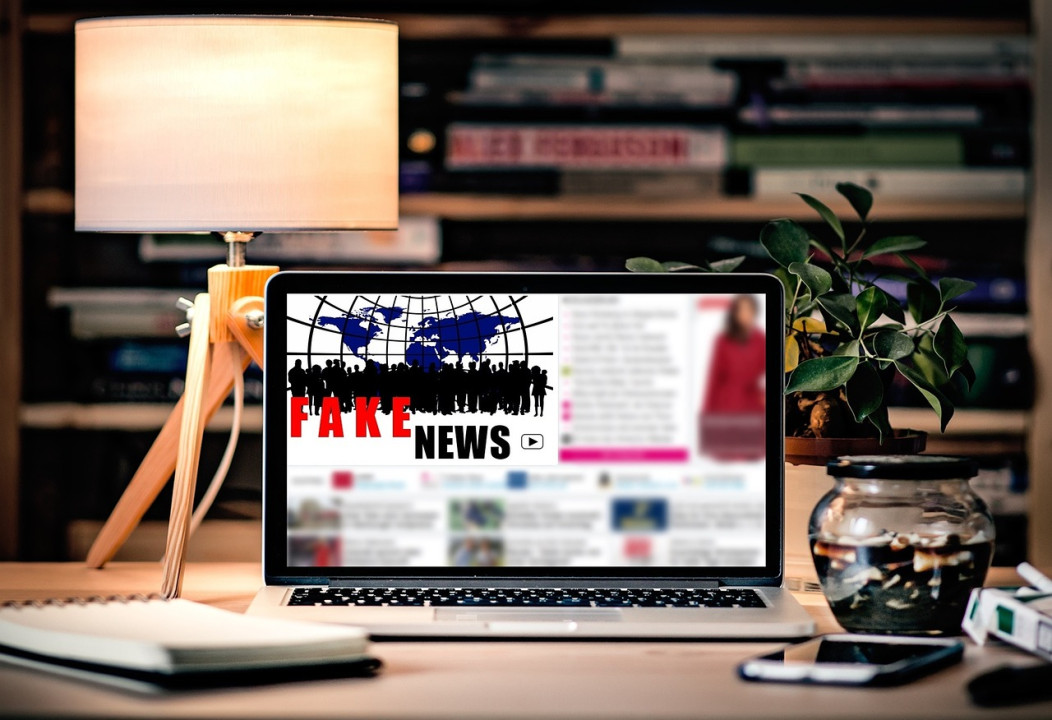The data: how big is the problem?
Reliable, recent surveys and country reports give a clear picture of public concern and exposure.
- A 2025 European Commission / Digital Decade snapshot found that a vast majority of Bulgarian citizens consider it important that public authorities mitigate fake news and disinformation online (reported summary figures show around 86% emphasising its importance in 2025). This reflects a strong public appetite for action on the problem. Digital Strategy
- Multiple investigative and academic reports since 2023 document the scale and industrial character of disinformation operations in Bulgaria: researchers identify networks of small sites and pages that reproduce and amplify misleading narratives, often mixing foreign (notably pro-Russian) tropes with local political grievances. These findings are synthesised in country reports by the Centre for the Study of Democracy (CSD) and in investigative pieces by RFE/RL. CSDRadioFreeEurope/RadioLiberty
- News coverage and poll reporting around major political moments in 2024–2025 (notably debates on euro accession) show how mis- and disinformation can influence public perceptions: mainstream outlets and analysts pointed to the role of online falsehoods and targeted messaging in increasing public anxiety about economic consequences. AP Newseuronews
Disinformation in action: local examples
Notable Bulgarian cases and a short chronology (2019–2025)
- COVID-19 and anti-vaccine narratives (2020–2022): During the pandemic many false claims about vaccine harms and conspiracy narratives circulated widely in Bulgarian social media. Investigations and fact-checking efforts documented how these narratives contributed to vaccine hesitancy. Fact-checking organisations and research reports analysed the role of partisan outlets and social media in spreading these claims. factcheck.bgRadioFreeEurope/RadioLiberty
- “Mushroom site” revelations (2023–2024): Journalistic investigations revealed how networks of low-quality websites — described as a “mushroom machine” — operate as cash-for-clicks businesses that routinely publish misleading or fabricated content, sometimes on geopolitical themes favourable to the Kremlin. These pieces included interviews with former operators and demonstrable links among the sites. (See RFE/RL investigative articles, May 2024.) RadioFreeEurope/RadioLiberty+1
- NATO and security narratives (2023–2024): Numerous articles and posts with misleading claims about NATO exercises and alleged threats circulated in 2023–2024, amplifying public anxieties. Monitoring groups and regional media flagged how these stories were used politically and internationally. RadioFreeEurope/RadioLiberty
- Euro accession misinformation (2024–2025): As Bulgaria moved toward eurozone accession (process culminating with key approvals in mid-2025 and implementation in Jan 2026), false and alarmist claims about immediate, catastrophic price rises and “loss of savings” circulated widely on social media and were amplified by certain nationalist parties. Mainstream outlets, EU reporting and investigative pieces documented the role of disinformation in shaping the public debate and protests in 2025. AP Newseuronews
- Spillovers from international conflicts (2024–2025): Coverage of events such as the Israel-Hamas war and the Russia-Ukraine war gave rise to competing narratives in Bulgarian media, with pro-Russian outlets and some domestic actors pushing misleading framings to influence sympathies and policy positions. CSD and regional reports map these dynamics. G4Media.roCSD

Where and how it spreads
Bulgaria’s disinformation thrives on platforms like Facebook, TikTok, YouTube, and closed messaging apps (Viber, Telegram), where fact-checking is minimal and algorithms favour sensational or emotionally charged content. “Clickbait” headlines, doctored visuals, and screenshots from fake news sites are common tools used to grab attention and bypass critical thinking.
A persistent problem is the “headline-only” habit: many users form opinions or reshare content without clicking through to the article, increasing the spread of misleading narratives. The networked nature of mushroom sites — with dozens of similar domains publishing identical stories — allows such content to dominate search results and news feeds within hours.
Building resilience: Bulgarian responses
Despite the scale of the challenge, Bulgaria has made progress in countering disinformation. A key milestone was the launch of Factcheck.bg in 2021 by the Association of European Journalists – Bulgaria, which has since become the country’s leading independent fact-checking platform, partnering with Meta to flag false content on Facebook and Instagram.
International collaborations are also playing a role. The Bulgaria–Romania Observatory of Disinformation (BROD), part of the European Digital Media Observatory, coordinates cross-border monitoring and training, while AFP Verify runs a Bulgarian-language service to debunk viral claims on social media.
Investigative journalism is key: BIRN Bulgaria regularly exposes the political and financial networks behind false narratives, while the Centre for the Study of Democracy provides in-depth research on foreign influence and hybrid threats, including policy recommendations for media regulation and transparency.
At the grassroots level, media literacy programmes are expanding. University projects and NGOs are running workshops in schools and communities, often inspired by regional initiatives like Media Masters, to teach critical evaluation of online sources. Youth-focused campaigns such as “Co-Creating Media Literate Youth” adapt fact-checking methods into interactive lessons and games.

Impact and perspectives for Bulgaria
In a rapidly evolving digital landscape, disinformation poses a serious threat to trust, dialogue, and democratic participation in Bulgaria. The examples above show that combating it requires more than just reactive fact-checking — it calls for systemic solutions that address the economic incentives behind low-quality publishers, sustained investment in media literacy, and stronger cooperation between institutions, journalists, and civil society. By strengthening these foundations today, Bulgaria can build a more informed, resilient, and united society tomorrow.
References and further reading:
Factcheck.bg – Bulgaria’s fact-checking platform
CSD – “Operation Disinformation” report
RFE/RL: Mushroom websites investigation
AP News: Euro accession protests & misinformation
Euronews: Bulgaria approves euro adoption
BIRN Bulgaria – Investigative reports
BROD – Bulgarian-Romanian Observatory on Disinformation
Eurobarometer – Fake news surveys
